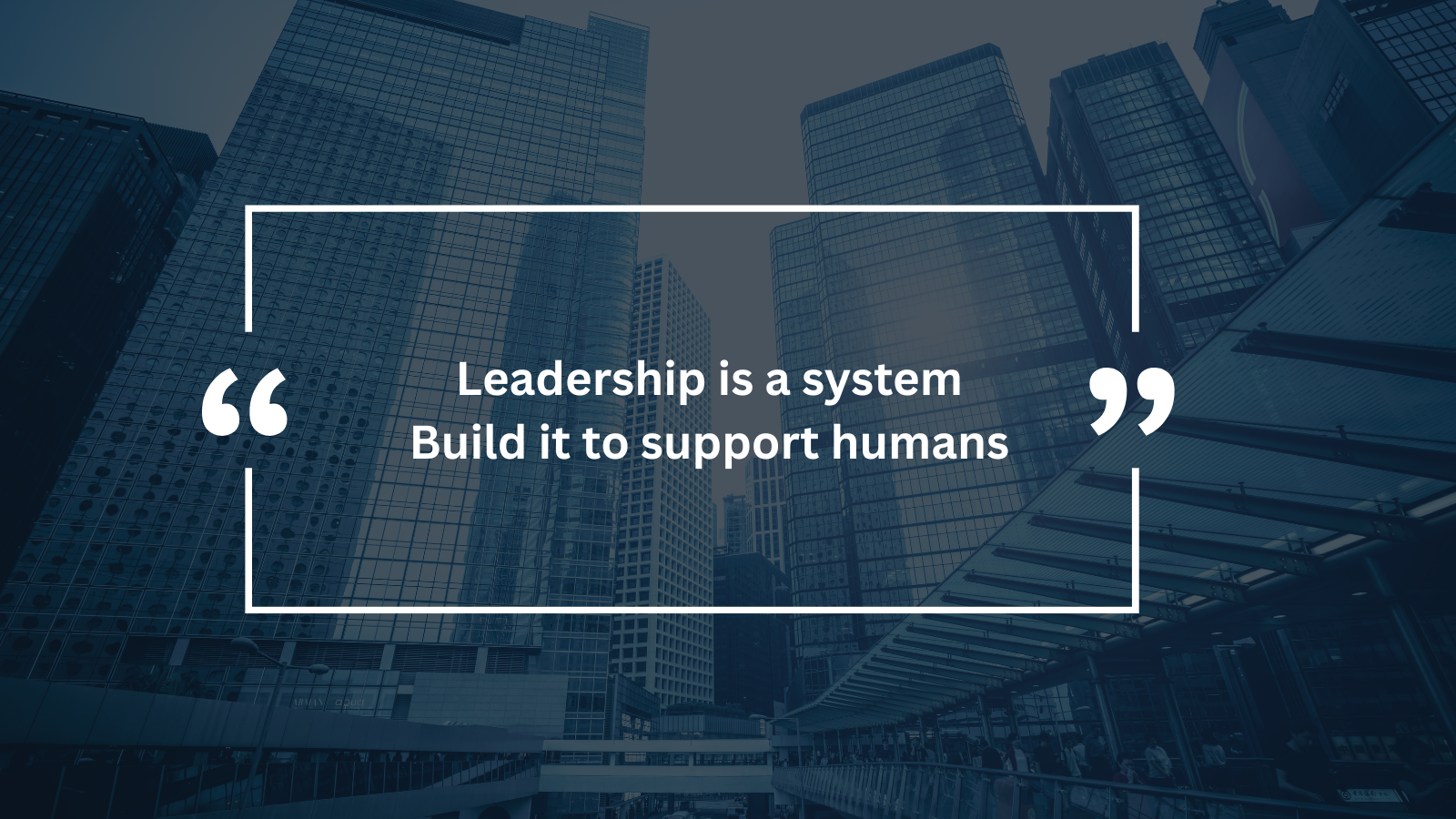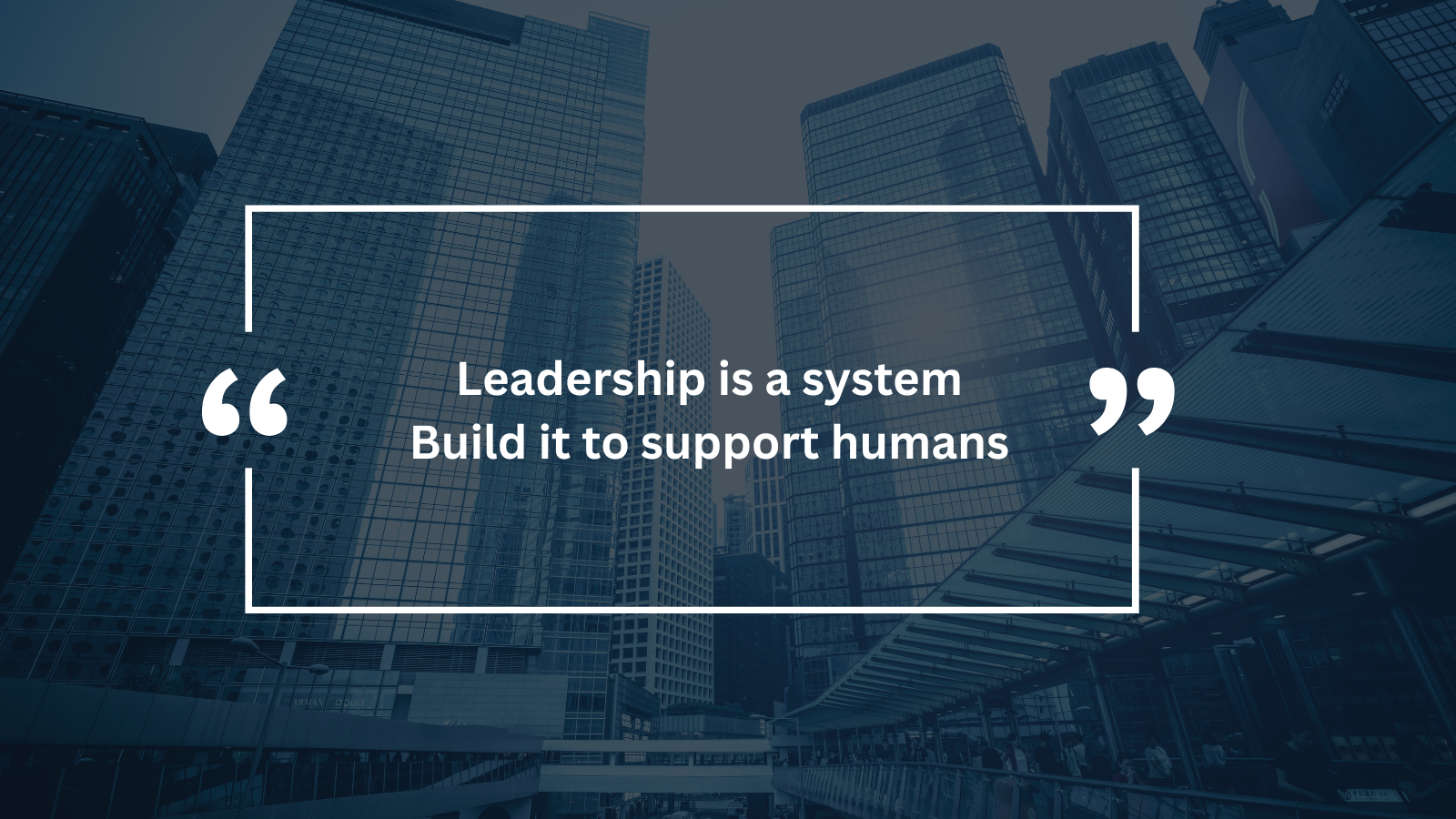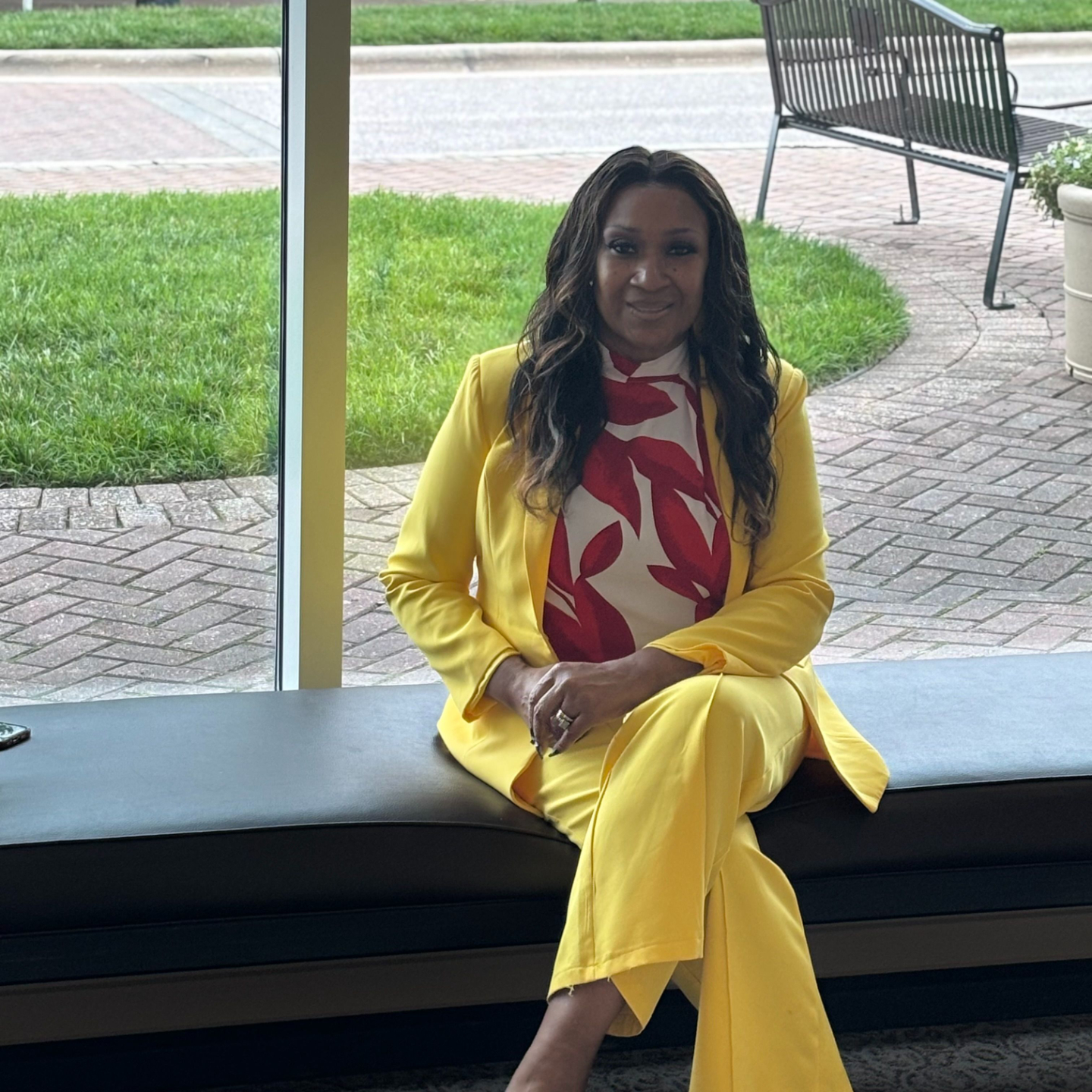Is Traditional Leadership Costing You Retention, Resilience, and Results?
Download our free white paper and discover a proven framework for building psychologically safe, high-performing leadership systems.

Who This Is For?
This white paper is designed for mission-driven leaders navigating high-pressure environments and people-centered systems, including:
- Executive Directors & Senior Leadership Teams
- HR, DEI, and Organizational Development Leaders
- Behavioral Health, Healthcare, and Human Services Executives
-
Nonprofit and Public Sector Decision-Makers
With the right leadership approach and system-level strategy, your organization can move from reactive management to aligned, resilient performance.
Download the Free White Paper
Discover the leadership model transforming high-stress, mission-driven organizations.
By downloading this white paper, you agree to receive additional emails from Dr. Vanessa R. Brooks related to leadership, organizational health, consulting, and upcoming trainings or opportunities. You may unsubscribe at any time.
A New Model for High-Stress Organizations
In mission-driven environments, burnout is normalized, communication breaks down, and leadership fatigue is real.
This white paper reveals a neuroscience-informed, trauma-responsive leadership model built to reverse those trends—while aligning culture with performance.

Key Insights You’ll Gain
- Why traditional leadership systems fail under pressure
-
The five pillars of a trauma-informed, human-centered leadership model
- How psychological safety, resilience, and alignment directly impact retention and trust
- Actionable strategies to reduce turnover, prevent burnout, and lead with clarity
The right leadership systems can transform retention, resilience, and results. This guide will show you how.
About the Expert

Dr. Vanessa R. Brooks
Leadership Scientist | Human Services Consultant | Pastoral Counselor
Dr. Vanessa R. Brooks is a powerhouse in the world of organizational leadership and systems transformation. She helps organizations solve the real leadership crisis: burnout at the top, confusion in the middle, and culture breakdown everywhere else.
As CEO of Brooks Consulting & Training Solutions, she partners with human service agencies, nonprofit leaders, and public sector teams to build psychologically safe, values-aligned systems that reduce turnover, improve communication, and restore organizational trust.
She holds a Doctorate in Executive Leadership in Mental Health and Human Services, along with a Master’s in Pastoral Counseling with a concentration in Professional Life Coaching. Her groundbreaking dissertation explored the willingness of African American evangelical clergy to integrate evidence-based mental health strategies into faith-based counseling—bridging critical gaps in access, stigma, and cultural competency within the Black community.
With over 16 years in human services and 12 years as a full-time entrepreneur, Dr. Brooks brings a rare combination of neuroscience, systems thinking, and lived expertise to organizational strategy. Her signature Human-Centered Leadership Model™ equips teams to lead with clarity, build psychological safety, reduce turnover, and align leadership behavior with mission, ethics, and performance. If your organization is stuck in survival mode—losing key staff, operating on burnout, or spinning in dysfunction—her work exists to correct that at the root.Dr. Vanessa R. Brooks is the brilliant mind behind the leadership shift your team didn’t know it needed—but can’t afford to go without.
Get the Framework Trusted by Human-Centered Leaders
Let’s talk about how to apply this framework inside your organization.
By downloading this white paper, you agree to receive additional emails from Dr. Vanessa R. Brooks related to leadership, organizational health, consulting, and upcoming trainings or opportunities. You may unsubscribe at any time.
Curious how the Human-Centered Leadership Model™ could transform your team?
📞 Schedule your Strategy Call → Let’s talk about how to apply this framework inside your organization.
Here’s what your leadership team is really asking for:
🔹 1. Lower Turnover and Higher Retention
They’re tired of constantly rehiring. They want to retain quality staff and reduce the emotional and financial cost of burnout and attrition.
🔹 2. Psychologically Safe Work Environments
They want teams that speak up, solve problems together, and trust leadership—without fear or silence. They’re seeking real psychological safety, not performative inclusion.
🔹 3. Leadership That Knows How to Lead
They need mid- and upper-level leaders who can communicate clearly, manage conflict, and make ethical decisions under pressure—not just people with titles.
🔹 4. Alignment Between Values and Behavior
They want the mission, DEI commitments, and stated values to actually show up in day-to-day operations, leadership behavior, and staff experiences.
🔹 5. Burnout Prevention at the System Level
They’re exhausted by quick fixes. They want leadership models and workplace cultures that prevent burnout—not just mental health webinars and pizza parties.
🔹 6. Improved Communication and Operational Clarity
They want fewer silos, less confusion, and more aligned execution. Clear expectations, direct communication, and shared accountability matter.